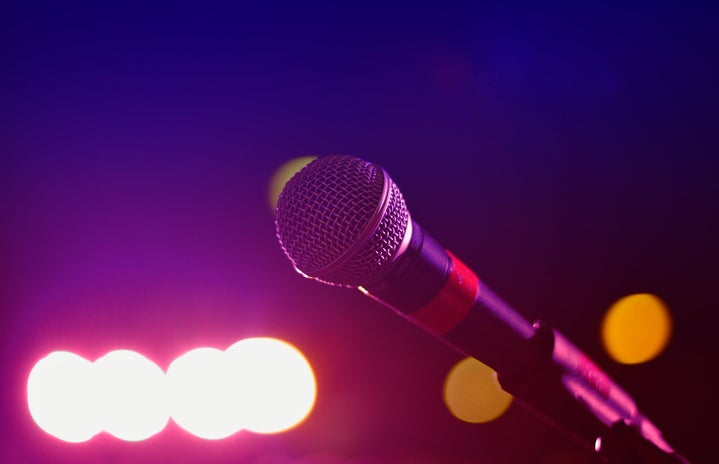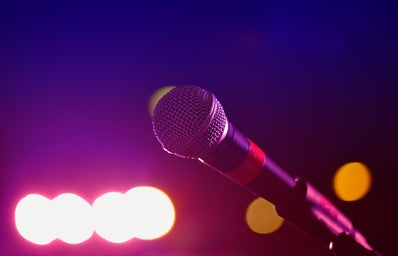My mom signed up me and my brother to learn violin when I was three, and I can only imagine she regretted it; with all those hours of squeaking out off-pitch renditions of “Hot Cross Buns” and “Far Far Away,” I’m surprised she wasn’t hospitalized with a bloody nose. Those first few years weren’t pretty for me or for my family. There was no shortage of griping; either I didn’t want to practice or my brother didn’t want to go to lessons or my dad didn’t want to hear us play, considering we sounded like crap, and we all collectively hated the violin more than we appreciated it.
Fifteen years later I played my last concert. The journey had almost been too jumbled to realize its benefits, what with my quitting in fifth grade and returning in eighth and my crippling stage fright, and I was unsure how to end this prolonged stage of life; would I set my instrument down and never play again? It was a valid insecurity, as my plans for college did not incorporate music, but somehow I was not disenchanted with the violin quite yet.
A bunch of nerds. Photo courtesy of the author.
There is no need to cite extensive psychological studies about the benefits of studying music at a young age; the science of it all is not what is important. Learning an instrument will undoubtedly affect the mind, but to let it affect the rest of you requires a choice. It requires consent, a pair of boxes on construction paper asking you to check “yes” or “no.” It asks if you will accept the people who can write out your potential in eighth notes and change your life in the space between movements. It requests you to be confused so thus to find clarity in song. It is permission to learn by gazing through a different window.
This is not a list of the ways in which playing the violin changed my life but rather an acknowledgment that it did. To feel pride in myself for staying in tune in the seventh position, or ninth, was an unexpected delight, an essential recognition of self-love when I was being manipulated at the hands of a damaging eating disorder in high school. To feel enough courage to perform before a crowd gave me the audacity to think that maybe my anxiety didn’t always have the upper hand. Playing in churches gave me diverse experiences; playing traditional Jewish music gave me a greater reason to return to my faith.
It’s been two years since I played my last concert, and things have changed. The violin isn’t one of my greatest priorities anymore; my vibrato is slower, and I am often out of tune. I don’t dedicate an hour or two every day to practicing music. I don’t have the same means of de-stressing as I used to.
Source: http://i.giphy.com/10h3idv6iEAzyo.gif
But it’s alright. The residual effects of all those years of Suzuki violin studies and folk songs, the unlikely friendships gained, the fingering to the Bach Double, have all stayed with me. They’re a slow release capsule, continuing to change my life as I move farther from the path on which I started at age three. I have come to appreciate more than just music, after all. They’re not lying when they say that learning an instrument will have a positive impact, but they forget to mention that the impact will never leave you. And for that I am grateful.

